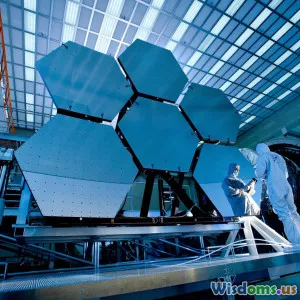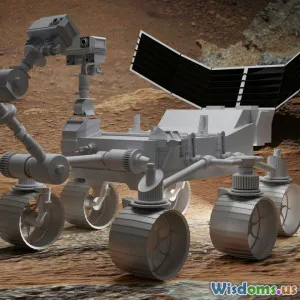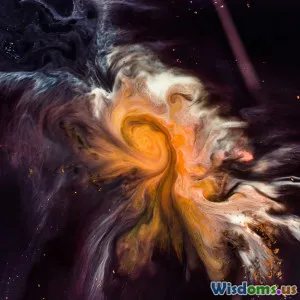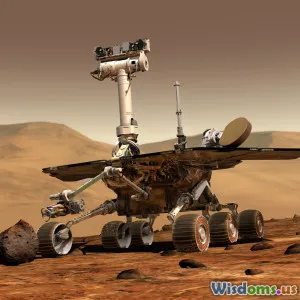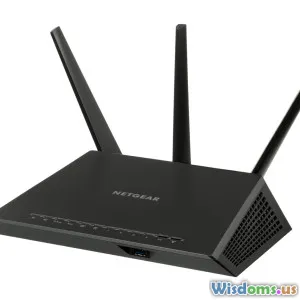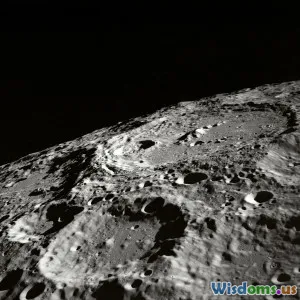
The Role of Space Exploration in Modern Science
5 min read Explore how space exploration enhances modern science and technology, driving innovation and inspiring future discoveries. (0 Reviews)
The Role of Space Exploration in Modern Science
Space exploration has significantly shaped modern science, contributing to our understanding of the universe and driving technological advancements. As humanity expands its reach beyond Earth, the benefits of these endeavors ripple through various scientific fields, influencing everything from climate science to medicine.
The Historical Context of Space Exploration
Since the launch of Sputnik 1 by the Soviet Union in 1957, space exploration has transformed from a geopolitical race into a cooperative global effort. Landmark missions, such as Apollo 11's moon landing in 1969 and the ongoing International Space Station (ISS) project, have paved the way for international collaboration and scientific discovery.
Advancements in Technology
Space exploration necessitates the development of new technologies, many of which find applications on Earth. For instance, satellite technology has revolutionized telecommunications, navigation, and weather forecasting. Technologies initially created for space missions—like water purification systems, solar panels, and advanced materials—have become integral to modern life.
Satellite Technology
Satellites play a pivotal role in gathering data essential for understanding Earth’s climate. They monitor atmospheric conditions, track natural disasters, and provide insights into global warming. The data collected helps scientists model climate change scenarios and develop strategies to combat its effects.
Inspiring Scientific Research
Space missions often lead to unexpected scientific discoveries. For example, the study of microgravity environments aboard the ISS has provided valuable insights into human physiology, muscle atrophy, and bone density loss, which can inform medical practices on Earth. Research on materials in space has led to the development of stronger and lighter materials used in various industries.
The Influence on Medicine
Space exploration has also advanced medical technology. The necessity for health monitoring in astronauts has spurred innovations in telemedicine and remote patient monitoring. Research on how the human body reacts to long-duration space travel informs not only space health but also medical care on Earth, particularly in remote or underserved areas.
The Search for Extraterrestrial Life
One of the most intriguing aspects of space exploration is the search for extraterrestrial life. Missions to Mars, such as the Perseverance rover, aim to uncover signs of ancient microbial life. This research can fundamentally change our understanding of biology and the conditions necessary for life. The discovery of life beyond Earth would have profound implications for science and philosophy.
Educational and Inspirational Impact
The excitement and wonder of space exploration inspire new generations of scientists, engineers, and dreamers. Programs aimed at engaging students in STEM (Science, Technology, Engineering, and Mathematics) fields have gained traction, fueled by missions like Mars rover landings and the Hubble Space Telescope discoveries. By fostering curiosity, space exploration encourages young people to pursue careers that can lead to further scientific advancements.
Conclusion
In summary, space exploration is not just about reaching new frontiers; it is integral to modern science and technology. The advancements made through space missions are invaluable, impacting various fields and inspiring future innovations. As we continue to explore the cosmos, the knowledge gained will undoubtedly enhance our understanding of Earth and our place in the universe.
Whether it’s through technological advancements, new research avenues, or inspiring the next generation of scientists, the role of space exploration in modern science is undeniable and crucial for our continuing journey of discovery.
Rate the Post
User Reviews
Popular Posts










